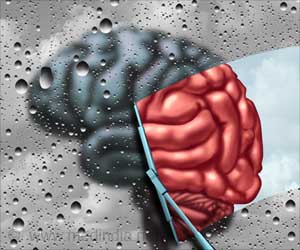
Experts caution that the increasing rates of childhood obesity pose significant long-term health risks (1✔ ✔Trusted Source
Sir Ganga Ram Hospital
).
With a large segment of the population falling in the younger age group, childhood obesity is a growing concern that could lead to significant health problems in adulthood.
Over 340 million children and adolescents aged 5-19 were overweight or obese in 2016, according to the WHO.
#obesity #kids’
Addressing the rising issue of childhood obesity in India, experts emphasize the long-term health risks associated with it and the need for early intervention.
Initiatives like school-based education and healthy meal programs are crucial in managing and preventing obesity. Lifestyle changes remain the primary tool so that adulthood risks can be managed, with bariatric surgery remaining an option for more serious/specific cases.
“Childhood obesity is a significant problem in our country, given our large young population. Obese children are more likely to become obese adults, facing numerous metabolic conditions such as diabetes, hypertension, heart disease, joint pain, and obstructive sleep apnea,” Dr. Daksh Sethi, Consultant in Minimal and Bariatric and Robotic Surgery at Sir Ganga Ram Hospital, told IANS.
He highlighted the importance of school-based initiatives, drawing inspiration from the U.S., where schools track BMI monthly and follow up with families, suggesting a similar approach for India to monitor and manage childhood obesity.
Rise of Obesity in Kids
For treatment, he noted that lifestyle modifications are crucial, with bariatric surgery considered for older children or those with specific conditions.
Advertisement
The impact of early adulthood weight gain on heart health was discussed as well. The main solution remains adopting a balanced diet and regular exercise along with yearly health checkups to prevent long-term cardiovascular issues.
“Excess weight in early adulthood is closely linked to increased risk of hypertension, cardiovascular disease, and metabolic disorders. It contributes to plaque buildup in arteries, heightening the risk of heart attacks and strokes,” Dr. Jyoti Kusnur, Consultant in Interventional Cardiology at Manipal Hospital Goa, told IANS.
Advertisement
She advised maintaining a balanced diet, regular exercise, and avoiding harmful habits. “Regular health check-ups to monitor blood pressure, cholesterol, and glucose levels are vital for early detection and management of potential health issues,” she added.
Reference:
- Sir Ganga Ram Hospital
– (https://sgrh.com/)
Source-IANS



